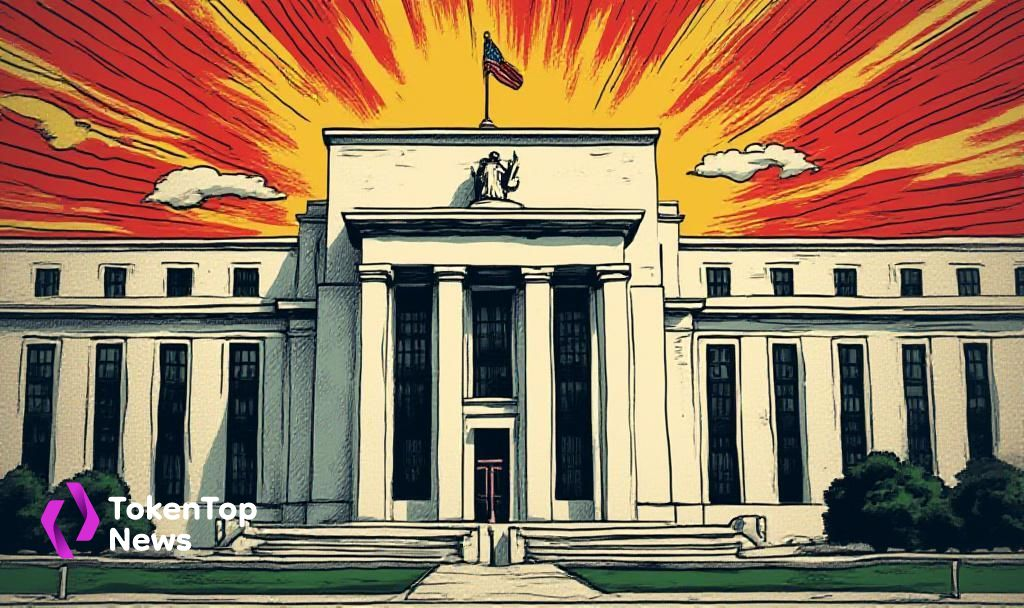Solv Protocol Introduces Shariah-Compliant Bitcoin Product in MENA
- Solv Protocol partners with Core for Shariah-compliant Bitcoin.
- Targets Middle Eastern financial institutions.
- Could expand Bitcoin’s market reach significantly.

Solv Protocol has partnered with Core to unveil SolvBTC.Core, a Shariah-compliant Bitcoin asset, marking a milestone in the Middle East today.
The launch signifies broader acceptance of cryptocurrency in Islamic finance, potentially mobilizing capital from regional investors with religious reservations.
Details of the Partnership
Solv Protocol has teamed up with Core to create SolvBTC.Core, focusing on Shariah-Compliant Bitcoin Launch in MENA by Solv Protocol and Core, targeting Bitcoin’s potential in Islamic finance. The product is set to provide Shariah-compliant investment solutions within the Middle Eastern market, enhancing financial integration in the region.
The new SolvBTC.Core product aims to engage Middle Eastern sovereign funds and financial institutions, expanding Bitcoin’s reach through Sharia-compliant channels. This product is expected to increase adoption in markets previously cautious of cryptocurrency investments.
Solv Protocol, a $2 billion Bitcoin-staking protocol, “We are excited to collaborate with Core to create SolvBTC.Core, which represents a significant step towards integrating cryptocurrency into traditional financial systems while adhering to Islamic finance principles.” – Source
Impact on Islamic Finance
The introduction of this Shariah-compliant Bitcoin product aligns with growing interest in integrating Bitcoin into traditional financial systems. Economic conditions might influence how SolvBTC.Core attracts capital amid market volatility.
Economic indicators like consumer confidence and job openings are crucial in understanding the product’s potential. The market environment will shape investment decisions, particularly as cryptocurrencies face regulatory scrutiny and volatile pricing.
While driving innovation in Islamic finance, the launch might encourage regulatory bodies to consider frameworks accommodating digital assets. Historical trends suggest cautious optimism for the integration of cryptocurrency with established financial paradigms.




